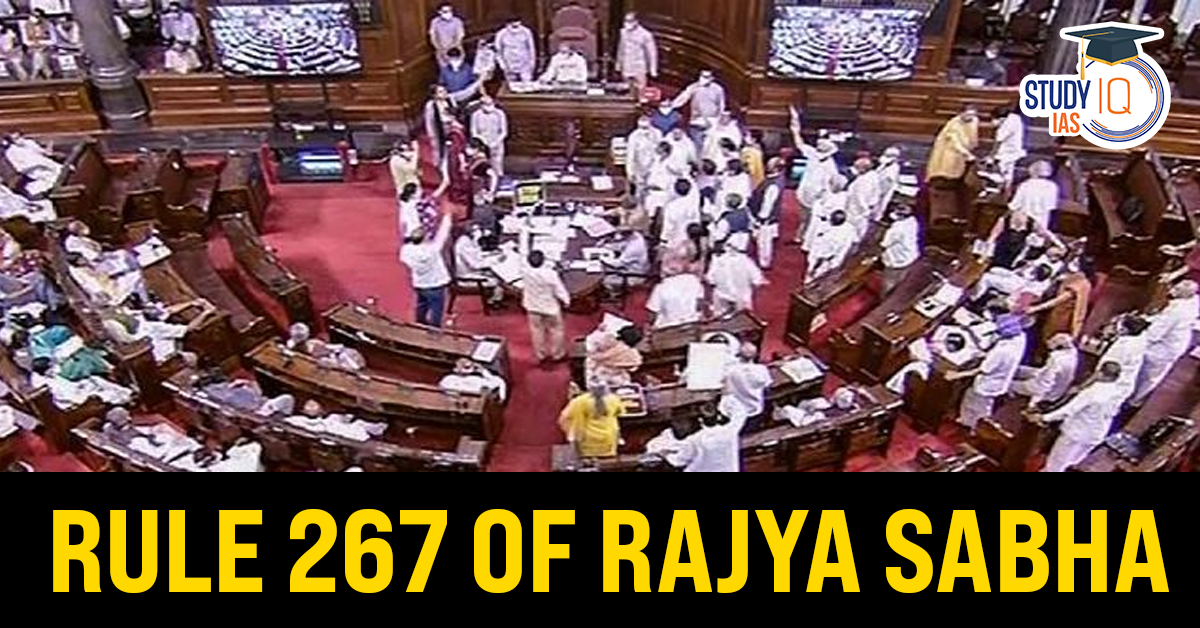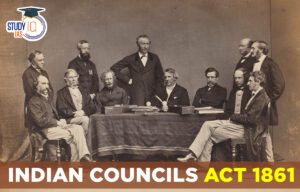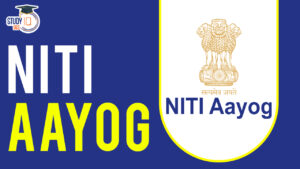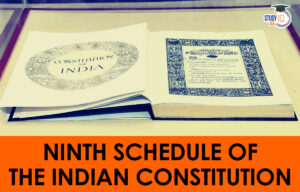Table of Contents
Rule 267 of the Rajya Sabha
Purpose: Rule 267 of Rajya Sabha allows a member to request the suspension of the day’s listed business to discuss a matter of urgent public importance.
- A member submits a notice under Rule 267 to the Chairman of the Rajya Sabha. If the Chairman approves (discretion), the normal business is suspended, and the urgent matter is taken up for discussion.
- The last time it was accepted was in November 2016, when the Upper House invoked Rule 267 to discuss
Process
- Submission of Notice: A member submits a notice to the Chairman of the Rajya Sabha.
- Chairman’s Discretion: The Chairman has discretion over whether to approve the request or not.
- Suspension of Business: If approved, the listed business for the day is suspended, and the urgent matter is taken up for discussion.
Historical Context
- Rule 267 is rarely invoked, and the last time it was accepted was in November 2016. In that instance, the Upper House used it to discuss pressing issues, showcasing its importance in enabling the discussion of urgent matters even outside the normal agenda.
Similar Rules in the Lok Sabha
Rule 184: Debate on Urgent Public Importance
- Purpose: Similar to Rule 267 of Rajya Sabha, Rule 184 of the Lok Sabha allows for a debate on matters of urgent public importance.
- Voting: At the end of the debate, there is a provision for a vote to be held to express the House’s opinion on the issue.
Rule 193: Discussion on Urgent Matters
- Purpose: Rule 193 permits the discussion of urgent matters in the Lok Sabha.
- No Voting: Unlike Rule 184, Rule 193 allows for a debate without the provision for a vote at the end.
Key Differences Between the Rajya Sabha and Lok Sabha Rules
Rajya Sabha (Rule 267)
- Primarily focused on suspending the listed business for a discussion on urgent public matters.
- The Chairman has full discretion in approving the request.
- No voting is provided after the discussion.
Lok Sabha (Rule 184 and Rule 193)
- Rule 184 provides both a debate and voting on the urgent matter.
- Rule 193 allows a discussion without voting.
- Voting is a significant part of Rule 184, reflecting the Lok Sabha’s role in decision-making.
Key Points to Remember
- Urgent Matters: Both Rajya Sabha and Lok Sabha recognize the need for addressing urgent public issues outside the scheduled business.
- Chairman’s Discretion: In both Houses, the decision to allow such discussions is typically at the discretion of the presiding officer (Chairman in Rajya Sabha and Speaker in Lok Sabha).
- Voting: The provision for voting in the Lok Sabha (under Rule 184) contrasts with the Rajya Sabha’s approach, which generally focuses on discussion without a formal vote.
Conclusion
Rules 267 of Rajya Sabha and 184 and 193 in Lok Sabha allow for urgent discussions on critical matters, but their implementation and the process for handling these matters vary. Rule 267 is less frequently invoked, while the Lok Sabha provides a more structured approach with provisions for voting, especially under Rule 184.


 Indian Councils Act 1861, History, Provi...
Indian Councils Act 1861, History, Provi...
 NITI Aayog Report on India’s Hand and ...
NITI Aayog Report on India’s Hand and ...
 9th Schedule of Indian Constitution: His...
9th Schedule of Indian Constitution: His...





















